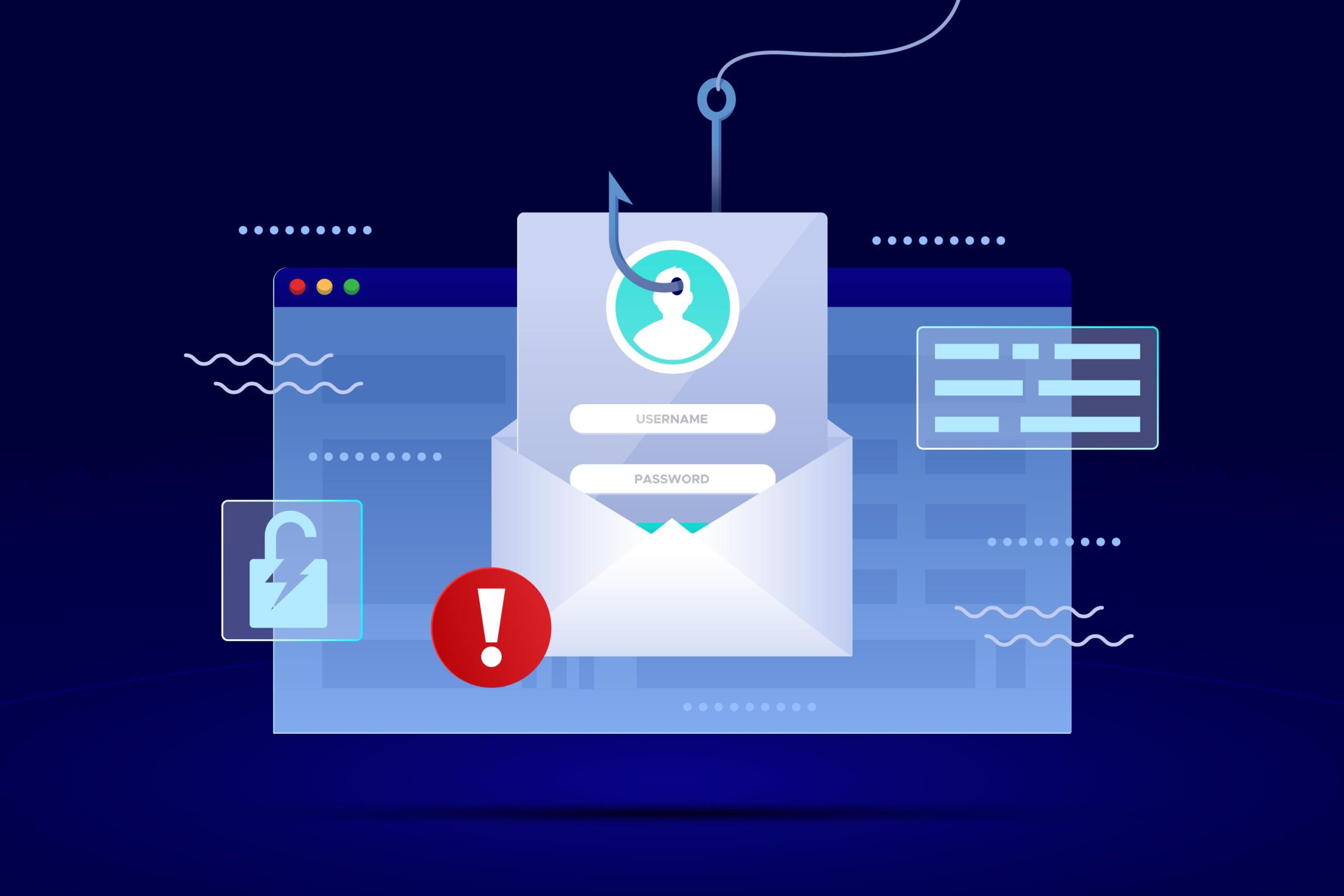In today’s digital-first world, personal data has become one of the most valuable assets. From online banking to social media, shopping websites to email accounts, every click leaves behind a digital footprint. Cybercriminals actively look for loopholes to exploit this information for financial gain, identity theft, or fraud. Protecting personal data online is not only about security; it is about maintaining trust, safeguarding identity, and ensuring peace of mind.

Why Protecting Personal Data is Important
Personal data includes sensitive information such as your name, contact details, date of birth, Aadhaar or Social Security number, bank account details, passwords, browsing history, and medical records. If compromised, such data can lead to phishing scams, unauthorized bank withdrawals, fake loan applications, blackmail, or even misuse of your digital identity for criminal purposes.
Cyber Safety Tips to Protect Personal Data
Use Strong and Unique Passwords
Always create complex passwords with a mix of uppercase, lowercase, numbers, and special characters. Avoid using the same password for multiple accounts. A password manager can help you securely store and manage them.
Enable Two-Factor Authentication (2FA)
Adding an extra verification layer like OTP, fingerprint, or authentication apps ensures that even if a hacker gets your password, they cannot access your account easily.
Keep Software and Devices Updated
Cybercriminals exploit outdated systems. Regularly updating your computer, smartphone, and applications helps patch security vulnerabilities.
Avoid Public Wi-Fi for Financial Transactions
Public Wi-Fi is often unprotected and easy to hack. Use a personal hotspot or VPN (Virtual Private Network) while accessing sensitive accounts or making payments.
Be Cautious with Emails and Links
Phishing emails are one of the most common cyber threats. Never click suspicious links, download unknown attachments, or share login details through email or messages. Always verify the sender before responding.
Use Trusted Websites and Apps
Before entering personal details, ensure the website uses HTTPS and has a secure payment gateway. Download apps only from official stores like Google Play or Apple App Store.
Monitor Your Online Accounts Regularly
Check your bank statements, credit reports, and digital accounts for unusual activity. Early detection can prevent bigger losses.
Limit Data Sharing on Social Media
Oversharing personal details like your location, vacation plans, or family information makes you an easy target for cybercriminals. Adjust privacy settings to control who can view your information.
Trending Cyber Safety Practices
Digital threats evolve constantly, and so must your protection methods. Some trending safety tips include:
-
Using Passwordless Login Systems like biometric authentication (fingerprint, face recognition).
-
Installing AI-based Security Tools that detect suspicious activity in real time.
-
Relying on Encrypted Messaging Apps to keep personal communication private.
-
Setting up Bank Transaction Alerts for every debit or credit, so you’re immediately notified of unauthorized activity.
-
Using Dark Web Monitoring Services to check if your personal data (like email or credit card numbers) has been leaked.
What to Do If You Become a Victim of Cybercrime
Despite taking precautions, cyberattacks can still happen. If you suspect that your personal data has been compromised:
-
Immediately change your passwords and secure your accounts.
-
Contact your bank to block cards or freeze accounts if financial details are exposed.
-
File a complaint with the National Cyber Crime Reporting Portal (cybercrime.gov.in in India) or local cybercrime cell.
-
Keep evidence such as screenshots, emails, or suspicious links safely stored for investigation.
-
Use credit freezes or fraud alerts to protect against identity theft.
-
Seek legal advice if you are facing major financial or reputational damage.
Protecting personal data online is a continuous process. By combining strong digital hygiene practices, staying updated with modern security tools, and knowing how to respond in case of a breach, individuals can significantly reduce the risk of cybercrime. Remember, cyber safety is not just a personal responsibility but a necessity for a secure digital society.
Disclaimer
This blog is for educational and awareness purposes only. It does not constitute legal advice or professional consultation. Readers are encouraged to verify information from official sources and practice caution while using digital platforms.
